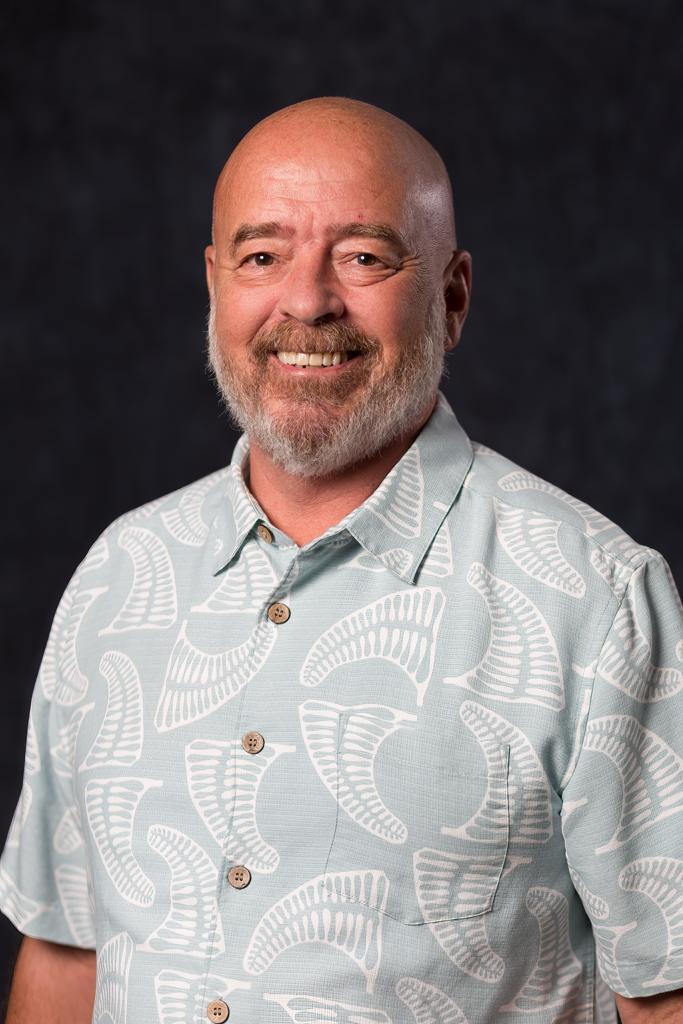
By Thomas J. Fisher for Kandit News & Views
Years ago I lived in M’Baiki, Central African Republic. Like virtually everyone in sub-Saharan Africa, I had malaria. Malaria is a miserable parasitic disease that passes to humans through mosquitoes. In adults it causes extreme fever, skull-shattering headaches, lethargy, confusion and jaundice. In infants and the infirm, it can cause death. In fact most deaths form malaria occur in children under 5. Because I was a privileged westerner, and wealthy compared to nearly everyone in that collapsed central African state, I had access to medicines that suppressed the monthly onset. Few else did and certainly not the children.
One way to fight this scourge is to use mosquito netting. This netting was freely available and not overly expensive, but frequently out of reach for most. At night, when the mosquitos were most prevalent, you could sleep in some safety under the net. I remember being confused in the mornings to wake up on sheets spattered with blood. They were the traces of greedy mosquitos I had crushed during sleep.
Malaria is a global problem and requires a global response. It was not until after World War II and the development of certain insecticides that we finally eradicated the disease in the American South. The United States has done much around the world in this fight. The United States Agency for International Development (USAID) has been at the forefront of the fight for decades. By any measure, the American people have been extraordinary in their generosity. We gave $90 million for bed nets, malaria tests and treatments that will protect 53 million people. We funded a program run by the aid agency Program for Appropriate Technology in Health which protected more than 20 million people in 10 countries in Africa from the disease. We also funded the President’s Malaria Initiative program which performs mosquito control in 21 countries by methods that include spraying insecticide inside homes (protecting 12.5 million people last year) and treating breeding sites to kill larvae.
But no more. President Trump has destroyed the USAID and as a result many people, hundreds of thousands, will die. But its not just malaria that has so viciously hit the African continent. HIV/AIDS now accounts for approximately 5 per cent of all deaths in Africa. Hundreds of thousands each year, and millions since the onset of the epidemic.
In another time, the citizens of the United States funded HIV care and treatment projects that were providing lifesaving medication to 350,000 people in Lesotho, Tanzania and Eswatini including 10,000 children and 10,000 pregnant women who were receiving care so that they would not transmit the virus to their babies at birth. We funded a contract to manage and distribute $34 million worth of medical supplies in Kenya, including 2.5 million month long HIV treatments, and 750,000 HIV tests. The list goes on. We have funded many projects to treat the infection; $80 million for UNAIDS, the United Nations agency which funded work to help countries improve HIV treatment, and a project to treat up to 46,000 people in Uganda are examples. Cutting off treatment for HIV/AIDS is beyond short sighted, it’s an invitation to catastrophe. When treatment stops, the virus learns to resist the anti-viral medication and creates new drug-resistant forms. In the United States we consider the virus to be chronic but treatable. That comfort may vanish, and the diagnosis become a death sentence again.
But USAID did so much more than fight disease. We also fought the very human tragedy of hunger. In Nigeria we funded a project which provided 5.6 million children and 1.7 million women with treatment for severe and acute malnutrition. The destruction of USAID means 77 health facilities there have completely stopped treating children with severe acute malnutrition, putting 60,000 children at immediate risk of death. USAID funded a project serving more than 144,000 people in Bangladesh that provided food for malnourished pregnant women and vitamin A to children. If you’ve ever seen a picture of a child with a distended, enlarged abdomen, you have seen a picture of starvation. That big belly is a result of a lack of protein in the diet and is called kwashiorkor. Naturally, it is the children who suffer the most.
My country, Our country, has done so much good in our continuing struggle to build a more perfect Union. We have produced unimaginable wealth and have always been willing to share it. Where we saw hunger we tried to provide food, where we saw thirst we gave people to drink and where we saw sickness we brought compassion, comfort and care. In other contexts we fought fascism, oppression and tyranny. But perhaps no more. I deeply love this Country and its Constitution. When I see us turn our open hand into a fist I grieve. I will never stop speaking out and fighting for this grand American experiment. I hope you will not either.
_____
Thomas J. Fisher is a defense attorney and former member of the Guam Legislature. He has been a prosecutor and is a veteran of the United States Navy.






1 Comments
Mabel Doge Luhan
03/10/2025 at 5:26 PM
I LOVE YOUR ARTICLES AND YOUR GENEROUSLY SIZED BALD HEAD, MALARIA SHOULD BE DEFUNDED BECAUSE IT LEADS TO VACCINATION THAT CAUSES 5G, DEI, AUTISM, AND JUDAISM, IF YOU LIVED IN MBAIKI PERHAPS WE ALREADY MET AT THAT DINNER PARTY IN BANGUI SOME FIFTY YEARS AGO, BUT JB & CATHERINE (CATHY I ALWAYS CALLED HER) NEVER GAVE ME THE RECIPE FOR THAT DELICIOUS MEAT STEW.